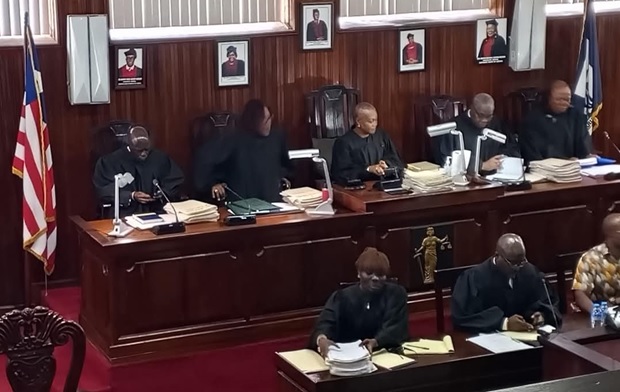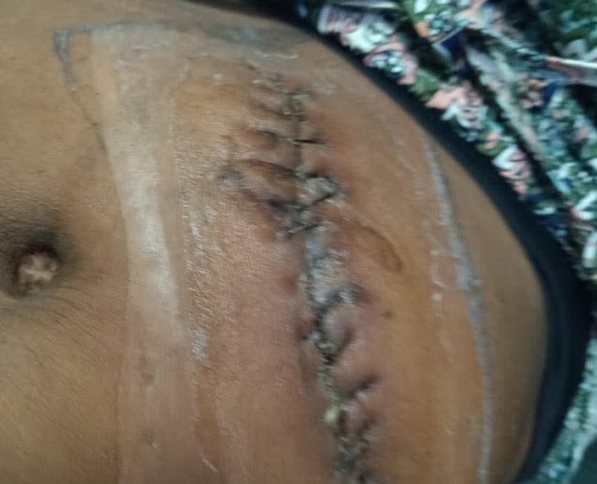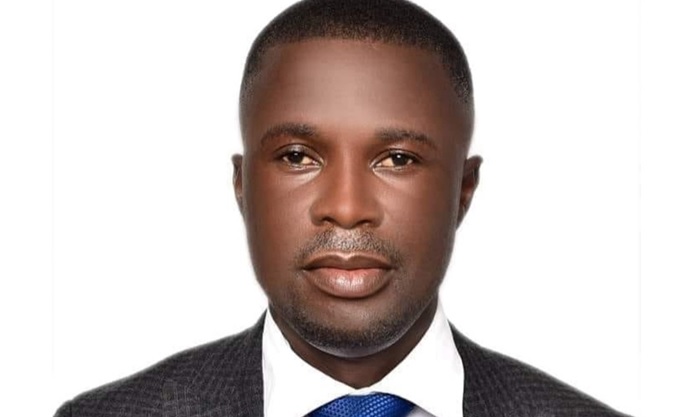MONROVIA – The Supreme Court of Liberia on March 26, 2025, delivered a stern rebuke to the Majority Bloc in the House of Representatives for failing to adhere to constitutional procedures in their attempt to remove Speaker J. Fonati Koffa. The Court’s criticism came after Koffa’s legal team filed a Bill of Information seeking enforcement of a previous ruling that had reinforced the importance of constitutional compliance in legislative actions.
Chief Justice Sie-Nyene Yuoh, speaking for the Court, warned the Majority Bloc that attempting to bypass the established constitutional procedures could result in chaos. The Court made it clear that removing the Speaker requires a legitimate session of the House, followed by a formal vote of 49 members in support of the action, a process that the Majority Bloc had failed to follow.
The case, which centers on the ongoing dispute over Koffa’s leadership, raised crucial questions about the integrity of legislative procedures and the potential consequences of ignoring constitutional mandates. The Court emphasized that any efforts to hold parallel sessions while the Speaker remains in office would only destabilize the functioning of the legislature and undermine the nation’s rule of law.
Cllr. Varney Sherman, representing the Majority Bloc, attempted to justify their actions, arguing that the procedural irregularities were warranted by the political context. However, the Court rejected his defense, underscoring that constitutional rules are not negotiable, regardless of political disagreements.
As tensions over the Speaker’s position continue to mount, Chief Justice Yuoh also called for heightened security measures for the Supreme Court bench, citing growing concerns over the safety of the justices involved in the case. “I, as Chief Justice, am saying that this entire Supreme Court Bench needs additional security for our protection,” Yuoh stated, adding another layer of urgency to the already contentious matter.
The Court has reserved its final ruling, which will likely have a lasting impact on the current legislative impasse and the governance scene.







